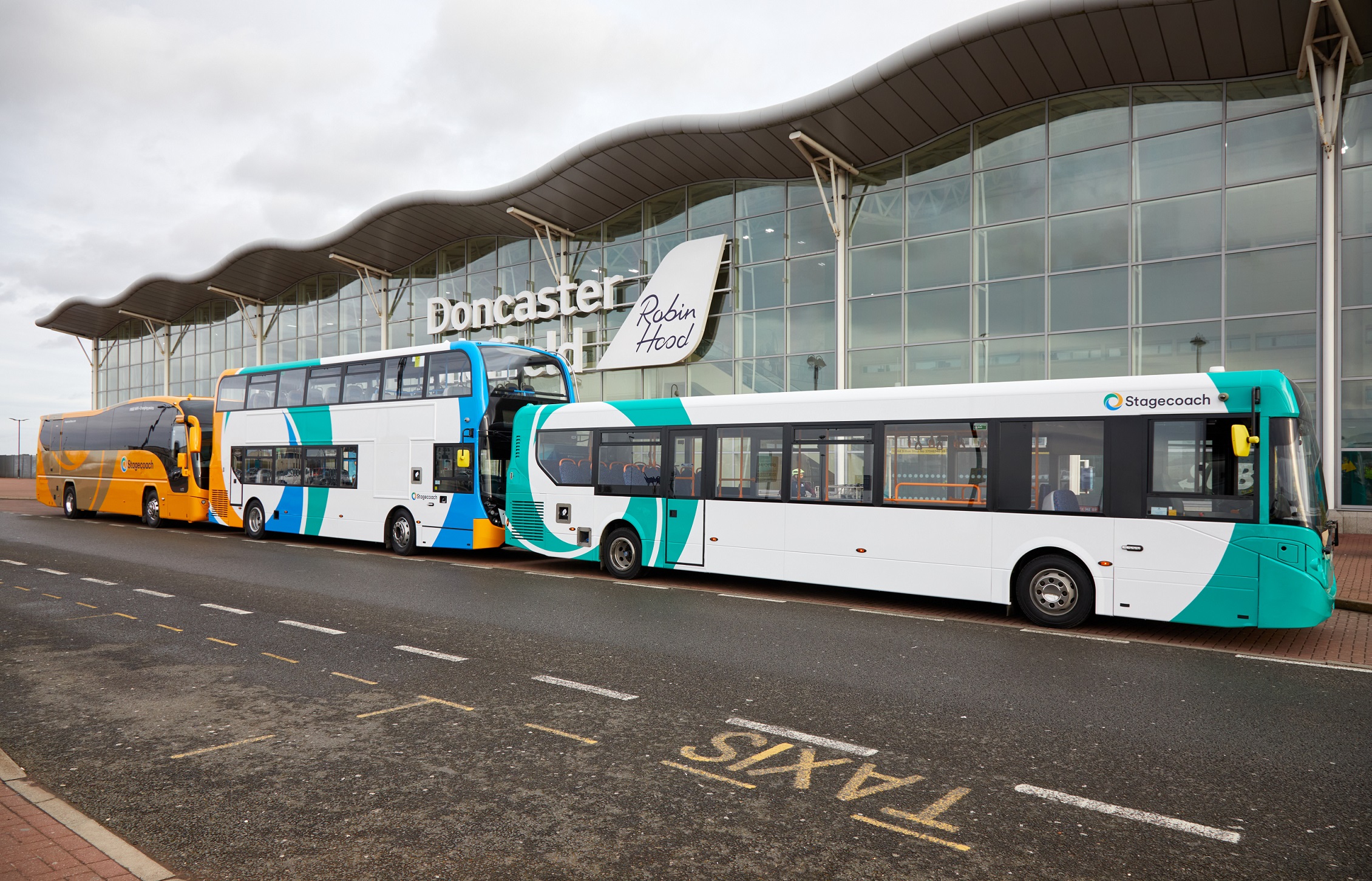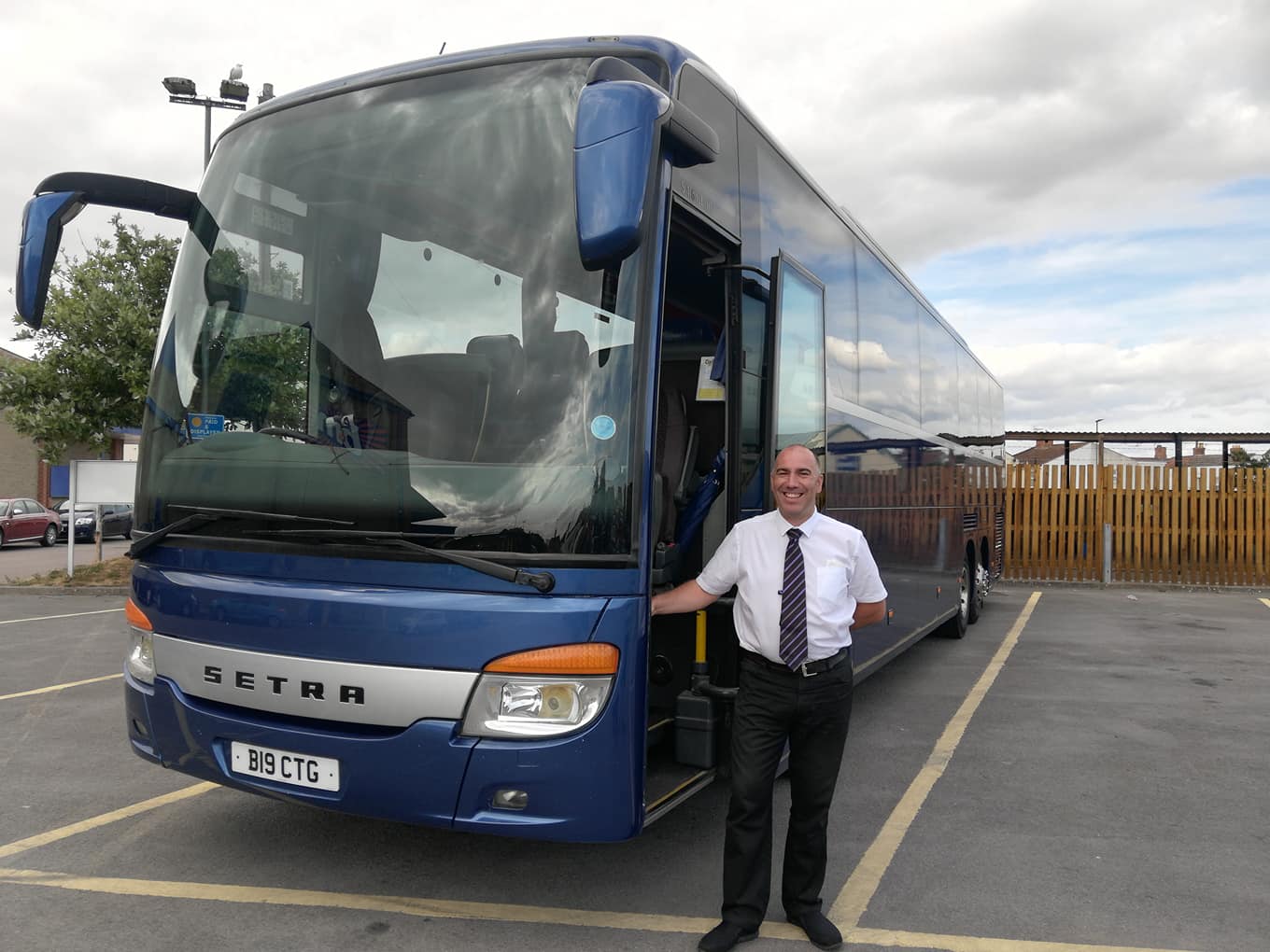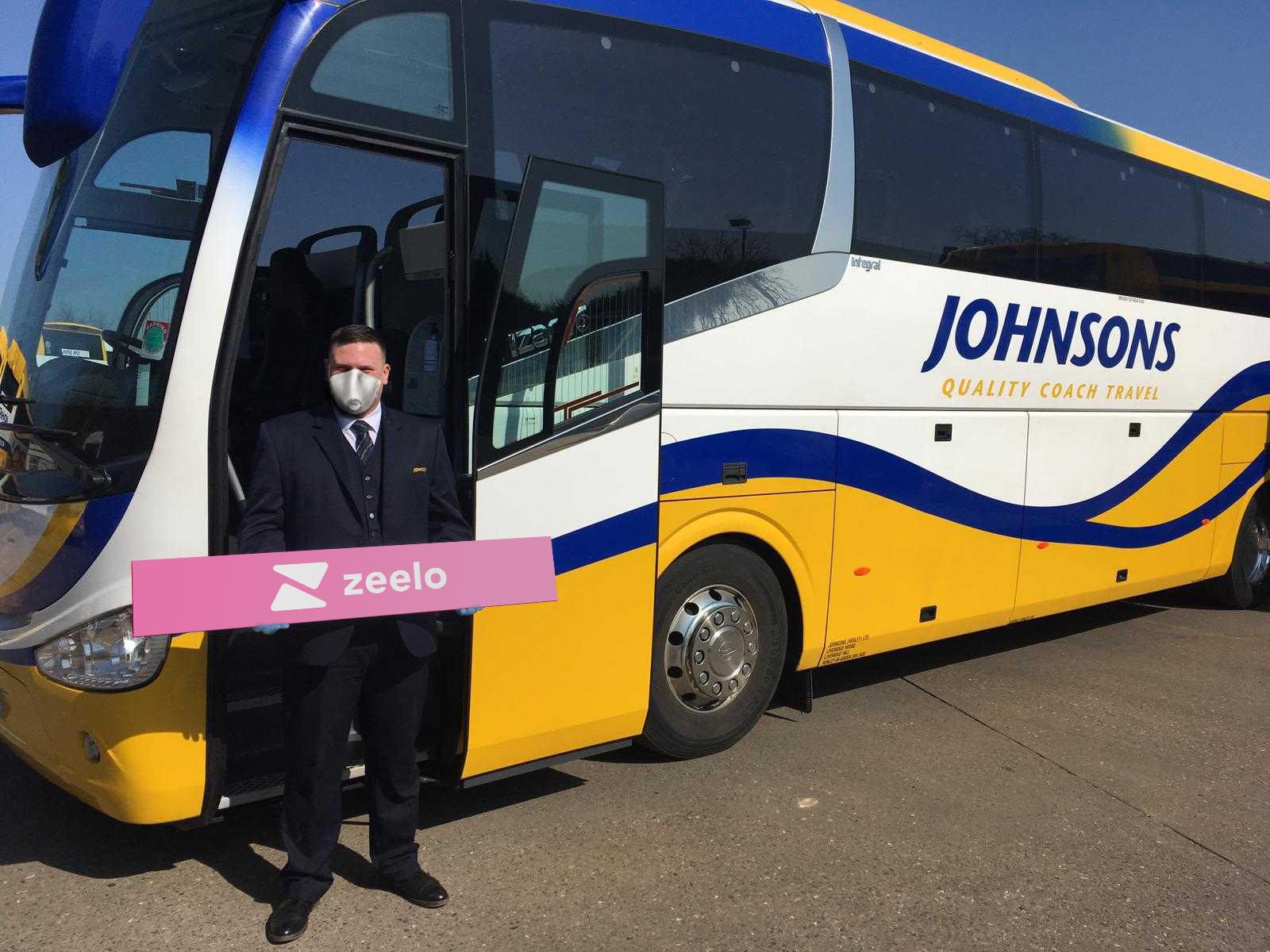Stagecoach Chief Executive Martin Griffiths has called on the government to collaborate with the bus industry to create a joint operational and investment plan for the delivery of sustainable networks after the coronavirus COVID-19 pandemic subsides.
That should be followed by a post-coronavirus COVID-19 strategy that would see national and local governments introduce “radical, permanent changes” to infrastructure and planning policy that will favour public transport use, Mr Griffiths continues.
Provisions for the immediate future should include steps to rebuild customer confidence in bus use, to help spread peak demand and provide support for operators as passenger numbers take time to rebuild.
A report by consultancy firm Systra suggests that public transport use in Britain’s cities could be 20% lower than pre-pandemic levels once the period of movement restrictions is over.
“Coronavirus COVID-19 shows that there is an even more powerful case for targeted investment in transport and infrastructure,” says Mr Griffiths in a blogpost. “It can help restart the economy, put Britain at the forefront of the green revolution and speed up the tough journey ahead to recovery.”
Mr Griffiths’ call for steps to help the industry out of the lockdown period is part of a six-point plan for the “new normal”. The long-term policy changes will be needed to reboot regional economies and protect communities while also supporting the bus sector.
The other five points outlined as part of that plan are:
- The prioritisation of road and street space for high capacity public transport, cycling and walking, including the encouragement of first and last mile connections. Public mobility hubs rather than car parking should be required of new housing developments
- Measures to deliver on the ‘levelling up’ agenda for regions outside London, including the leveraging of public transport’s capacity to deliver shoppers and visitors and strategies to ‘rethink’ the high street
- Moves to replace single-user car trips – “the equivalent of single-use plastic bags” – with public transport use as part of wider lifestyle changes, and a focus on technology to address the impact of transport emissions
- An examination of fiscal policy as part of how the coronavirus COVID-19 pandemic is paid for, which would include a transformation of taxation on journeys. Mr Griffiths advocates a ‘polluter pays’ approach while rewarding the use of public transport and active travel methods, making those modes more accessible
- Targeted investment in decarbonisation, including sustainable transport and infrastructure. That would involve maximising the potential of Britain’s bus manufacturing sector by accelerating government investment in electric bus fleets.
The Stagecoach CEO says coronavirus COVID-19 must become “a defining moment to deliver fundamental changes in how we manage mobility and put sustainability at the heart of decision-making.”
Mr Griffiths adds that transitional support from governments “will pay back many times over” as it helps the country’s recovery from the pandemic. “While public spending will have to be tightened in many areas, coronavirus COVID-19 show that there is an even more powerful case for targeted investment in sustainable transport and infrastructure,” Mr Griffiths adds.
























